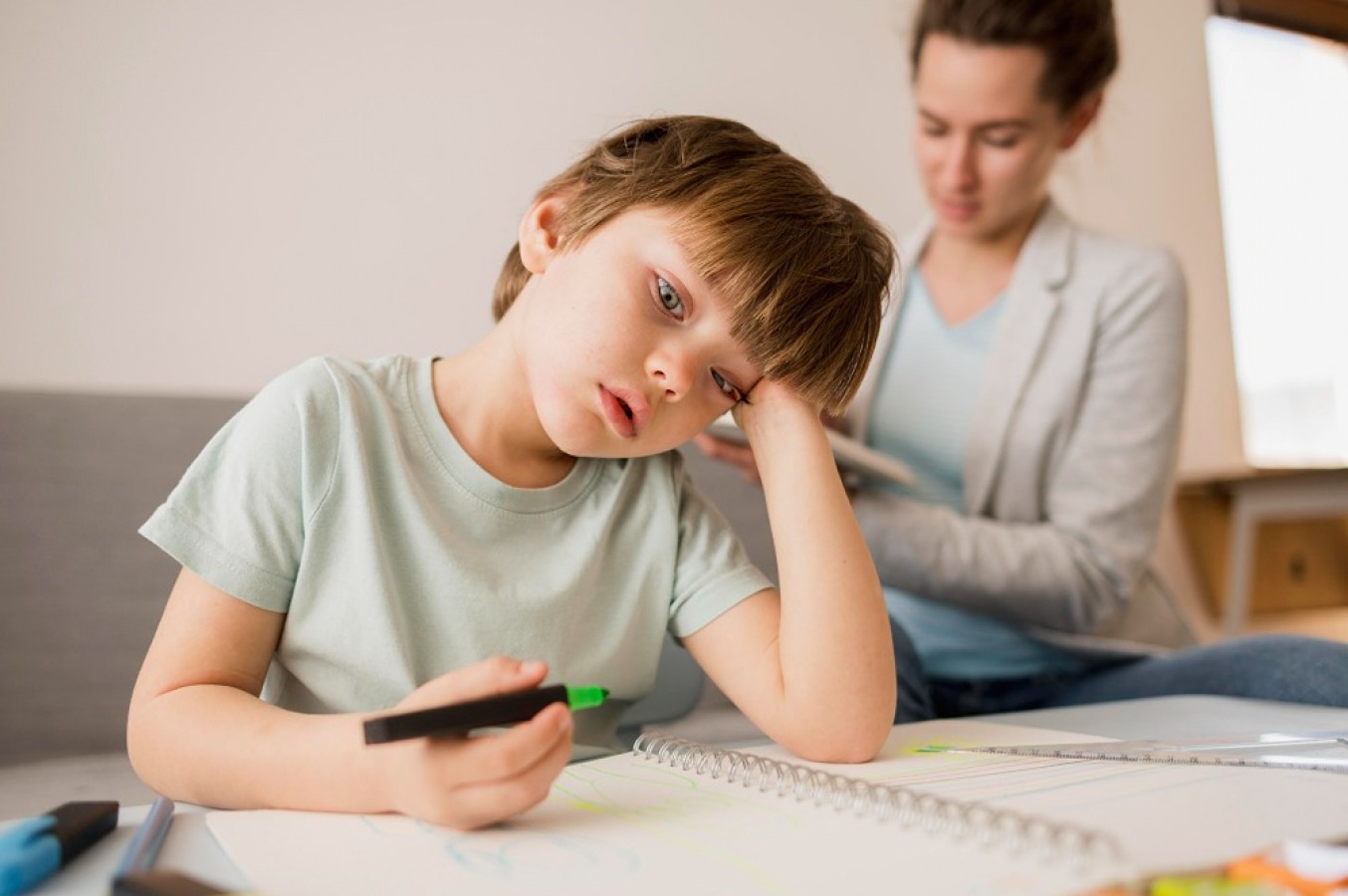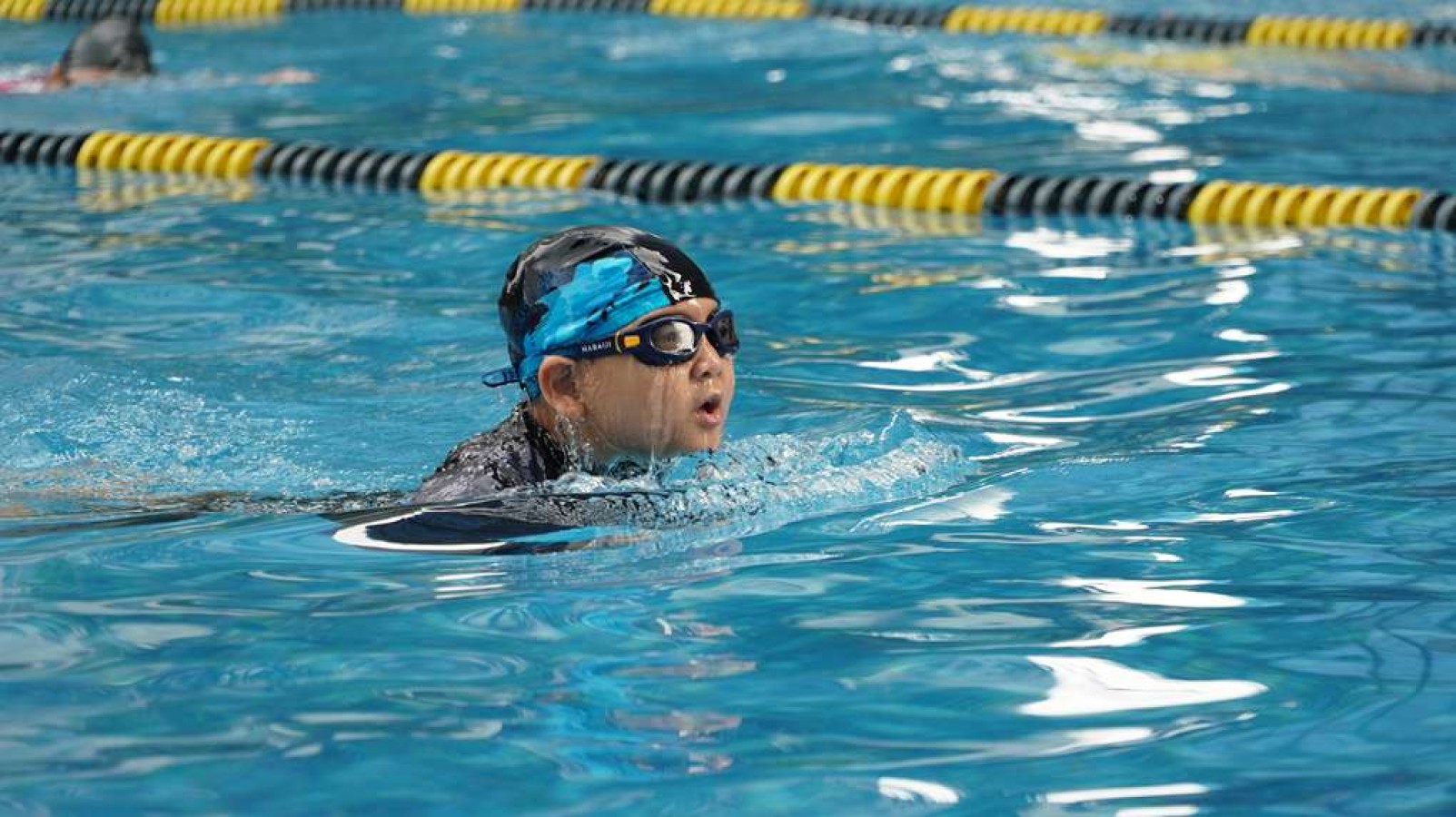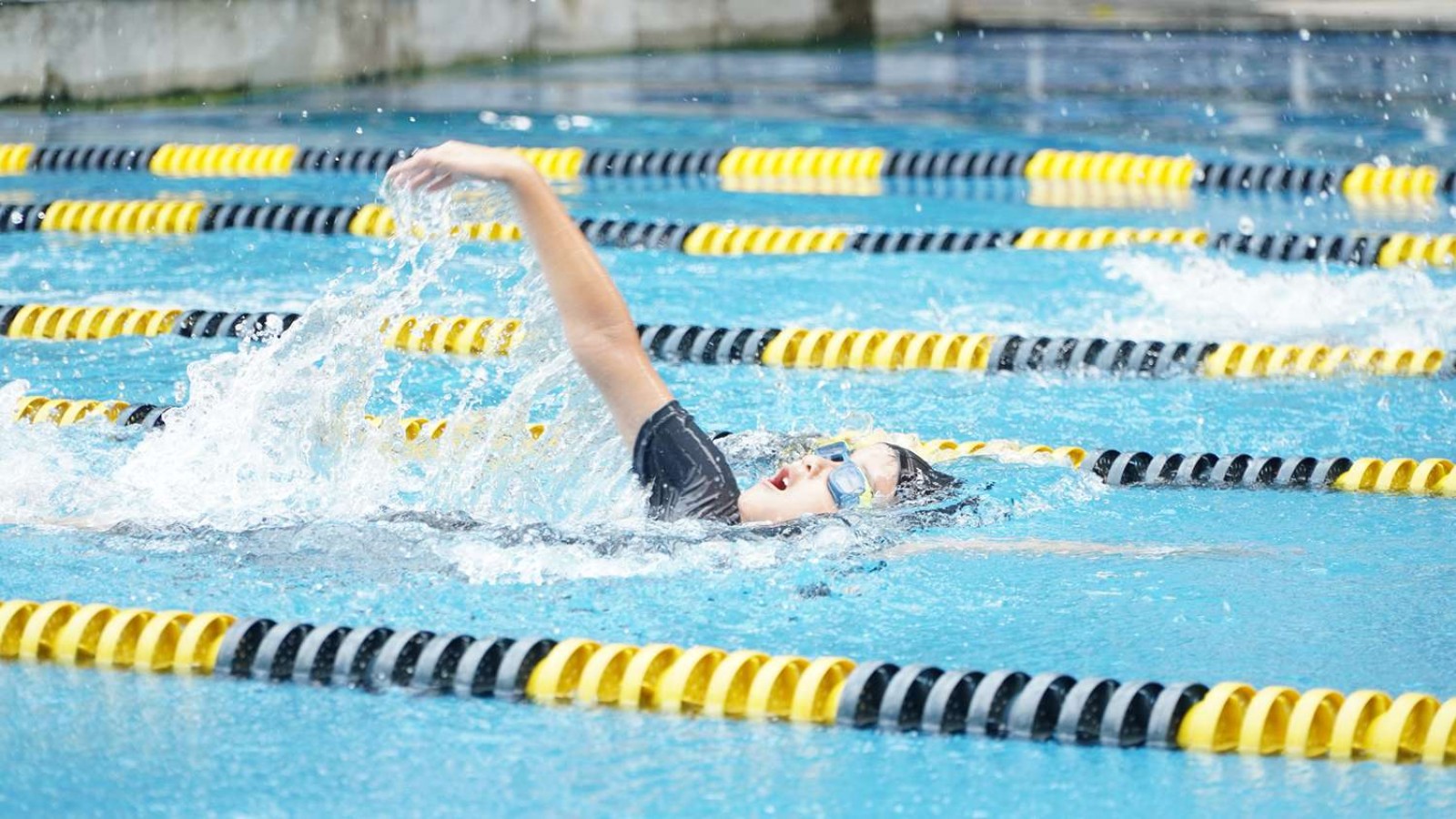A Parent's Guide to Raising Children with ADHD

Children with ADHD are often bursting with energy, ideas, curiosity, and a spirit that just won’t quit. But along with those sparks of brilliance come challenges. If you’re a parent navigating this world, don’t worry!
This guide is here to help you understand ADHD, discover your child’s unique strengths, and give you practical tips to make the journey not only smoother but also more joyful.
What is ADHD?
ADHD stands for Attention-Deficit/Hyperactivity Disorder, and despite the big fancy name, it simply describes a brain that works a little differently. [PubMed Central, 2020]
Kids with ADHD might:
- Find it hard to pay attention for long periods.
- Struggle to sit still or stay quiet when needed.
- Act impulsively—like blurting out answers, interrupting, or making quick decisions without thinking.
But here’s the thing: ADHD is not a sign of laziness or bad parenting. It’s a neurodevelopmental condition, meaning the brain develops and functions in a unique way.
How ADHD Affects Kids
Every child with ADHD is different, but here are some common areas where you might see its impact:
A. At School
- Difficulty focusing on lessons or homework.
- Forgetting to bring assignments home or back to school.
- Struggling with organization (their desk may look like a small tornado just passed through).
B. At Home
- Constant fidgeting, tapping, or moving.
- Getting easily frustrated or having emotional outbursts.
- Trouble following multi-step instructions (e.g., “Go upstairs, brush your teeth, put on pajamas, and bring down your laundry” might end up as just brushing teeth!).
C. With Friends
- Interrupting during play.
- Difficulty waiting their turn.
- Sometimes misreading social cues.
- Struggling with early childhood mental health.
But remember, while these challenges are real, they don’t define your child. ADHD comes with its own hidden talents.
Tips on How to Raise a Child with ADHD
Parenting a child with ADHD isn’t about “fixing” them, because they’re not broken. Instead, it’s about guiding, supporting, and helping them unlock their full potential.
With patience and the right strategies, you can create an environment where your child feels understood, valued, and ready to shine. Here are some tips that can help:
1. Create Routines and Structure
Children with ADHD often feel like their thoughts are pulling them in twenty different directions at once. Routines help anchor them by providing predictability and a sense of control.
Establishing consistent morning, homework, and bedtime routines can reduce stress and make expectations clear. For example, mornings can follow a set order—wake up, brush teeth, get dressed, have breakfast, and grab the school bag. Visual schedules, charts, or even colorful checklists can make these routines fun and easy to follow.
2. Break Tasks into Smaller Steps
Big instructions like “Clean your room” can feel overwhelming for a child with ADHD, leaving them unsure where to start. Instead, break tasks into smaller, manageable steps, such as: pick up the clothes, put toys into the bin, and make the bed.
This step-by-step approach prevents overwhelm and gives your child the chance to feel successful as they complete each task. Think of it as giving them stepping stones instead of asking them to leap across a river all at once.
3. Use Positive Reinforcement
Children with ADHD often hear more criticism than praise, which can hurt their confidence. Flipping that script by catching them doing something right can work wonders.
Praise their effort, not just the outcome. For example, “I love how you started your homework without me asking,” or “Great job waiting your turn.” Positive reinforcement can also include simple reward systems, like sticker charts or points toward a fun activity. This not only motivates your child but also teaches that positive behavior has positive results.
4. Encourage Movement
ADHD kids are full of energy, and trying to suppress it often leads to frustration. Instead, allow them to use it in healthy ways. Short breaks to stretch, dance, or do jumping jacks between tasks can help them reset and focus better afterward.
Sports, martial arts, or dance classes are also excellent outlets for channeling their energy productively. When movement is embraced rather than restricted, it becomes a strength instead of a challenge.
5. Keep Communication Clear and Simple
Because ADHD brains can get lost in long explanations, keeping instructions short and direct works best. Instead of saying, “You always leave your shoes lying around, how many times do I have to remind you?” try, “Please put your shoes in the closet.”
Use eye contact to make sure they’re listening and follow up with gentle reminders when necessary. Think of it like sending a message that’s short, clear, and easy to understand.
6. Build Emotional Skills
Children with ADHD often experience big emotions that come quickly and intensely. Helping them manage these feelings is an important life skill. Teach them coping tools like deep breathing, counting to ten, or squeezing a stress ball when they’re upset.
Role-playing scenarios, such as losing a game or waiting for a turn, can also give them safe practice in handling frustration. Encouraging your child to name their emotions (“I feel mad” or “I feel nervous”) can make feelings easier to process and manage.
7. Collaborate with Teachers
School can be a challenging environment for kids with ADHD, but strong collaboration with teachers makes a huge difference. Stay in regular contact with your child’s teacher to understand what strategies are being used in the classroom and share what works at home.
Don’t hesitate to request helpful adjustments, such as extra time for assignments, preferential seating, or reminders to stay on task.
8. Nurture Strengths and Interests
Every child with ADHD has talents and passions waiting to be celebrated. Whether it’s sports, music, art, or science, nurturing these interests helps build self-esteem and gives them a healthy outlet for their energy.
A child who loves to draw should have space and supplies to create freely. A budding athlete can thrive on a team where their high energy is a strength. When parents focus on what their child can do rather than only what’s difficult, children learn to see themselves as capable and gifted.
9. Be Patient with Progress
ADHD is not something that goes away—it’s part of how your child’s brain works. That means progress may come slowly, with some days feeling like two steps forward and one step back. But patience is key.
Celebrate small wins, like remembering homework or completing a task independently. Remind yourself that consistency matters far more than perfection. With time and steady support, your child will build skills and confidence at their own pace.
10. Take Care of Yourself Too
Parenting a child with ADHD can be joyful, but it can also be demanding. That’s why it’s crucial to care for yourself as well. Make time for things you enjoy, like reading, exercising, or meeting up with friends.
Don’t be afraid to ask for help from your partner, relatives, or support groups. When you’re calmer and more balanced, it’s easier to create a calm and supportive environment for your child.
Enroll to the Right Preschool!
Raising a child with ADHD is a journey filled with challenges, but also with countless moments of joy and discovery. If you’re looking for the best early childhood education to help your little one grow, try Preschool & Kindergarten at Rockstar Academy.
As the best Sports and Performing Arts Academy, they will also explore various physical activities, join exciting events and competitions, and build confidence through teamwork and play.
Guided by experienced teachers, kids develop socially, emotionally, and academically while preparing for the future. Plus, Rockstar Academy offers a free trial class before enrolling, so your child can experience the magic firsthand!
FAQs
Can kids with ADHD do well in school?
Absolutely! With the right support—like individualized strategies, extra time for assignments, or engaging learning activities—children with ADHD can excel academically.
Will my child outgrow ADHD?
Some symptoms may improve with age, but ADHD often continues into adulthood. The good news? Many adults learn to manage it effectively and even use it as a strength in their careers.
Is medication the only solution for children with ADHD?
Not at all. Medication can help some children, but behavioral therapy, lifestyle changes, routines, and school support are just as important. Every child is different, so it’s about finding the right mix.



